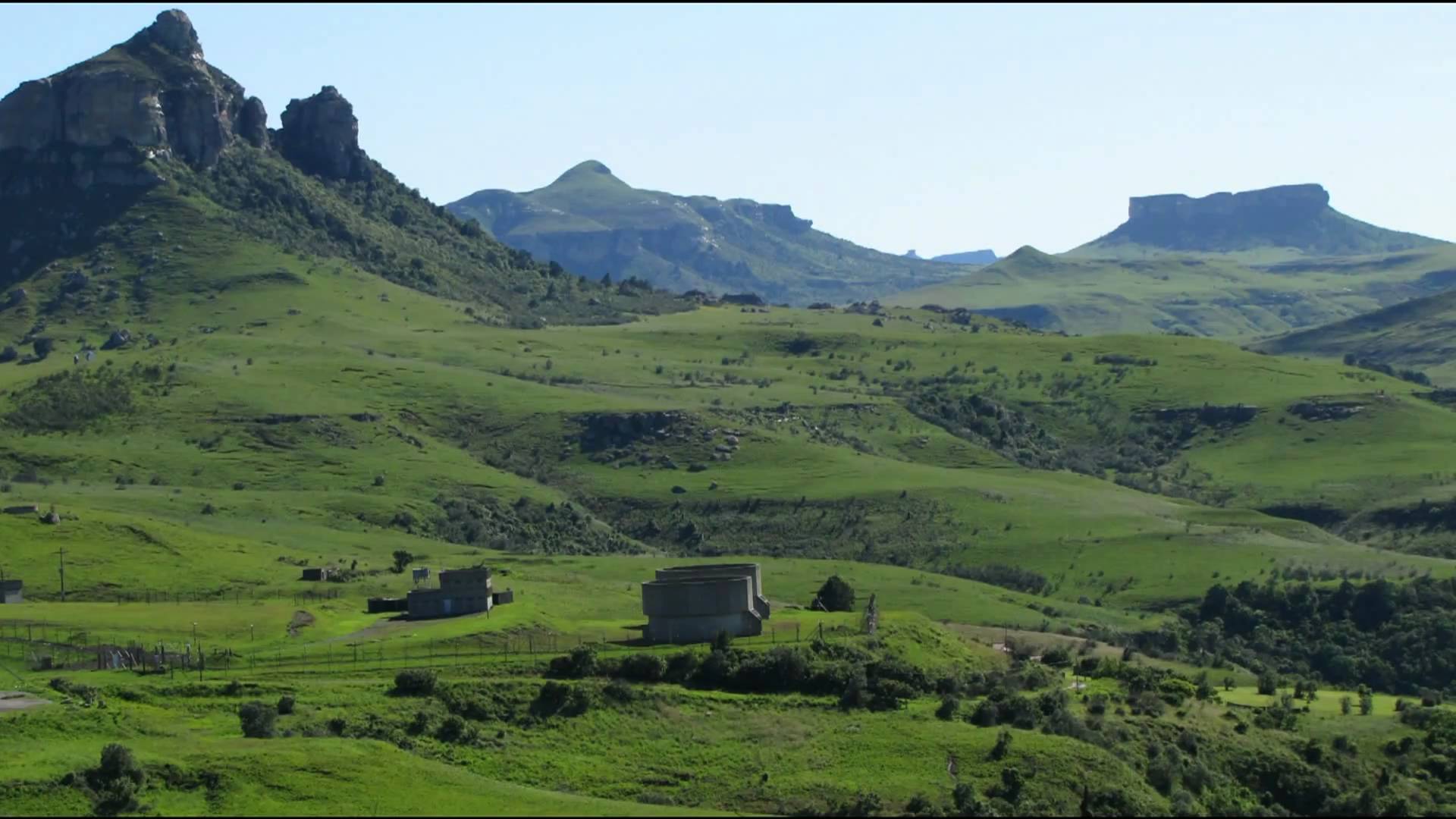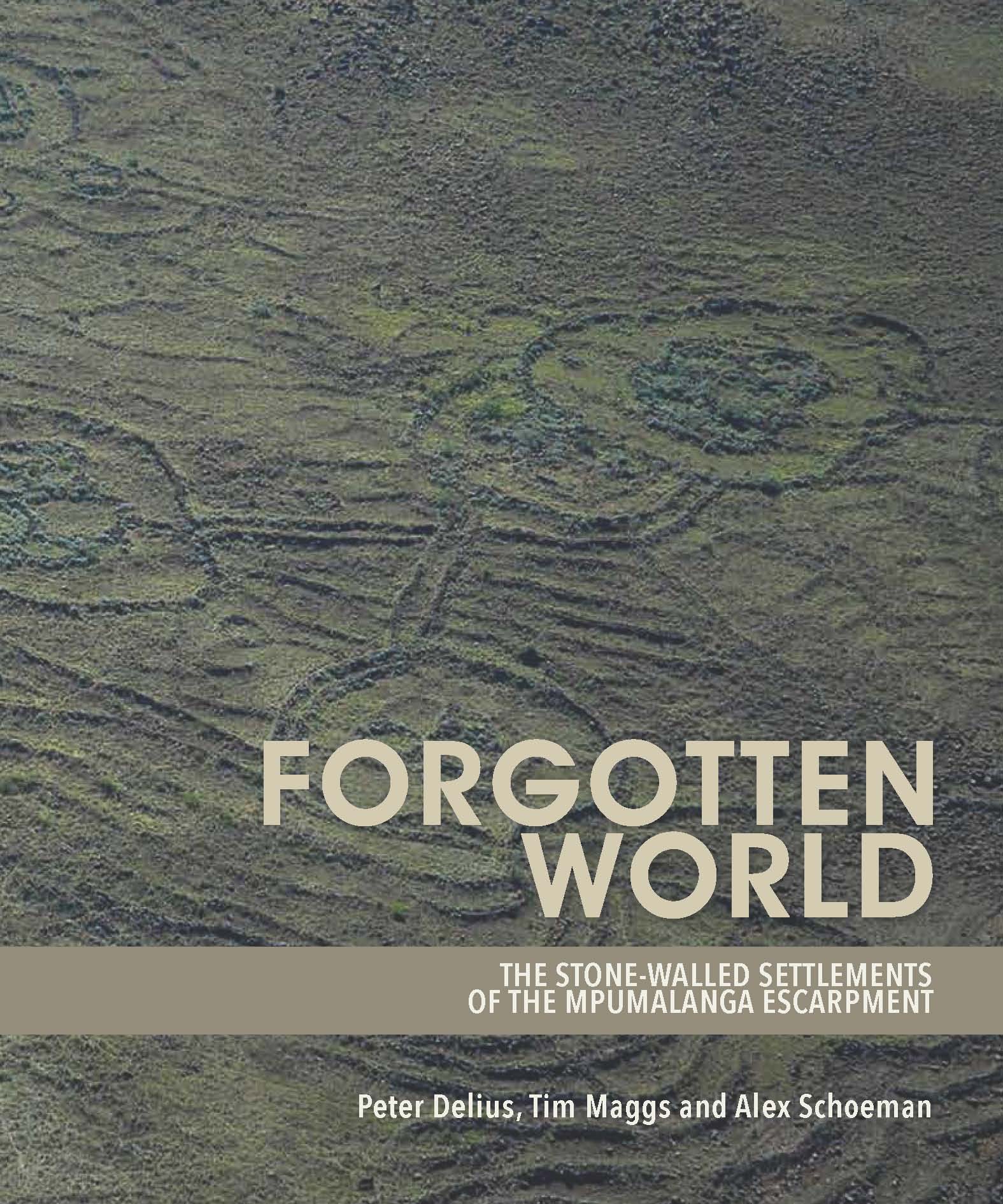Hello people - and peace be with the innermost part of your heart,

Just as the background supplies its subtile and rural hints, the ancient city of Jerusalem was too surrounded by mountains... There is indeed such a place in South-Africa, today know as Umthatha, which means beloved in Xhosa. A trait The Saviour Himself said would be the name of that particular city (Revelation 20:9). Today, this Beloved city is to be found somewheres in the South African interior, also know as KwaZulu Natal.

You gotta understand - this city was up and running years and years ago, WAY before Europeans, way before now well known Xhosa historical characters. Historical tidbits, such as those quoted The House of Phalo (1981) by Jeffrey B. Peires and other less ancient and more modern historical works, such as The South-eastern Bantu (1930), by missionary John Henderson Soga (1860-1941). These works gives no knowledge of the vastness of the empire the Xhosas, the ancient Hebrews of Israel, stretching for miles and miles of areas perfected for agricultural and livestock. Just like Scriptures says, it is ordained. People came from far and wide to see and touch the ancient city of Jerusalem, meeting Solomon and the like - ya`ll know the stories. Rest assured, they are all true. And at some deep internal level, you know them to be true. The Xhosas was immensely rich in natural resources, gold among other things, was and still is in abundance in these African areas. Yes, Solomon had immeasurably more wealth than the famous gold-inflation master, Mansa Musa, reported to have gotten a hold of vast volumes of Gold and then spreading it all over Egypt and northern Africa. Perhaps he visited the Gold Coast at some point, maybe he took out a loan?

Anyways, interestingly enough when thinking of how the ancient Xhosas regarded time in general, Peires actually writes something of notice in House of Phalo (Pieres, 1981:7):
" The Xhosas reckoned time by the sky. A particular hour was indicated by pointing to the sun`s position at that time. Months were calculated according to the moon. The year began in June when the Pleiades (iSilimela) singled the start of the ploughing and ended with Canopus (UCanzibe) which pointed to the harvest. "
fair enough, what this blog has been saying for quite some time - but then comes the hint:
"---the distant past was expressed as a series of significant events (iziganeko), according to which a man might fix his age - a battle, a comet, a drought, a disease, a great rain, the circumcision or death of a well known chief."
Interesting? I sure thought so.. Time is kept now as they always did and always will, so must we try to honour this special day... And Just as God himself put if forth in His commandment and descriptions in Genesis, the months are in conjunction with the cycles of the moon. To be brief though, modern books such as these give you nothing important from the far ancient past. Though there are subtile hints that can be extrapolated from detailed Xhosa culture and their traditions. Traditions that almost mirror the way of life presented in the Books of Moses. Given to the Sons of Levi and the like, detailed customs that any upright anthropologist cannot overlook as a mere coincidence. They are indeed the lost Tribes of Israel.

Now, if your a history buff, dont just think of the modern and well known Xhosa names, such as:
The Prophet Makhanda (?-1819)
Military commander Maqoma (1798-1873)
Khawuta kaGcaleka (c. 1761-1804), chief of the Gcaleka
Or the prophetess Nongqawuse (c. 1841-98)
Interesting people, no doubt, but look how early they are in time. We have to be able to go further back than around the 1600s with any certainty, but guess what, we can't. Because African history and especially areas in South Africa allegedly only consisted of San people and the like, hunter gatherers at any time beforehand. Civilisations described as not really capable of making structures like these:

I dare say we are missing the whole picture.... Agricultural wonders indeed. Its rather appropriate that all sources on modern South African history seem to start around the 16. hundred mark at the arrival of Europeans - the writers and collates of modern and thus - inherited history.

Though, to begin the unravelling of ancient things, and trying to understand how far back these events took place in time, you have to consider the current way out there theories, such as Tellingers Anunaki and aliens spaceship-mumbo, and only then do we begin to scratch the surface of what really is the history of ancient Africa. The very pages of the Bible do come alive when you start this journey through Africa paralleled with a African reading of Scripture. It truly is mind blowing... And why does nobody know of it? Well, this question probably has several answers, one theory would be when The Almighty wills it, people will again know, although I have a sneaking suspicion that now is the time...
Going way back to the times, we can start to imagine the times of Abraham, Issac, Jakob and Moses. Forget modern datings, radio carbon dating, and the general thin outlines of African history, which is skinny at best, we can begin to see that this was a long long time ago. And it all did go down just as the events are described.

Anyways, Peires book does give some hints of what has survived from ancient times, like the keeping of time (which always was intone with nature, following the cycles of the moon), which surely now is just ready to be broken to true believers and searchers of truth. The Sabbath day. If you haven't been shown this special day yet, pray to The Almighty for understanding, and seek the wisdom to get aligned with this universal truth. Our bodies ache for this seventh day of worship and solemn rest.

Before I bless your heart again, let me ask you this one question, do you know the Sabbath? Have you entered into His rest?
Oxolo lube nani
Good post
Downvoting a post can decrease pending rewards and make it less visible. Common reasons:
Submit
Thanks for taking the time to read. Bless you
Downvoting a post can decrease pending rewards and make it less visible. Common reasons:
Submit